
Falkirk Children’s Commission – Children’s Rights and Engagement Group are recruiting staff, children and young people to help create our Falkirk Council and Partner organisation Integrated Children’s Services Plan. We are doing this partly because the Children and Young People (Scotland) Act 2014, Part 3 – Children’s Services Planning and Part 1 – Rights of Children, requires Local Authorities and Health Boards, alongside their community planning partners, to improve outcomes for all children and young people in Scotland by ensuring that local planning and delivery of services is integrated and their rights upheld. However, we are also building this Falkirk Children & Young People’s Planning Team because we believe it is essential that pupils’ voices shape their education and life experiences, and because research shows that their participation in decision-making improves their academic performance and life chances. Learn more about the United Nations Convention on the Rights of the Child (UNCRC – recently passed into Scottish Law) by clicking here or by visiting the pages of the Children and Young People’s Commissioner for Scotland here.
We will work with interested staff colleagues and the children and young people to create this plan and to design the processes needed to make the group and the work sustainable in the long-term. The children and young people joining this group will also plan and co-ordinate other tasks and initiatives. Our main aims are to:
- Connect and co-ordinate pupil council and leadership groups in schools, across our health board, community and third sector organisations
- Involve children and young people in shaping their own education, lives and communities through integrated organisational processes via our Members of Scottish Youth Parliament
- Ensure that our group and processes are truly representative, inclusive and diverse
- Establish processes which build children and young people’s voices and participation into all layers of our organisations without adding to bureaucracy.
 To help staff in our early learning and childcare centres and schools connect this work with their curriculum, we are making it part of our wider Falkirk Learning for Sustainability Framework (click here for more information about the framework). Children’s Rights and political literacy are already built into the experiences and outcomes of Curriculum for Excellence and our framework includes plans and professional learning which early years officers and teachers can use. The work of the Falkirk Children & Young People’s Planning Team will be supported by Julie Williams our Rights Respecting Schools development officer alongside Fiona Malcolm, Faculty Head of Humanities, Braes HS. Fiona and Julie will liaise with schools and centres who are working towards Rights Respecting Schools Accreditation (click here for more information about this) and education support officers Yvonne McBlain and Jane Jackson will offer professional learning and co-ordinate the development of safe online collaboration via a Microsoft Team in Glow.
To help staff in our early learning and childcare centres and schools connect this work with their curriculum, we are making it part of our wider Falkirk Learning for Sustainability Framework (click here for more information about the framework). Children’s Rights and political literacy are already built into the experiences and outcomes of Curriculum for Excellence and our framework includes plans and professional learning which early years officers and teachers can use. The work of the Falkirk Children & Young People’s Planning Team will be supported by Julie Williams our Rights Respecting Schools development officer alongside Fiona Malcolm, Faculty Head of Humanities, Braes HS. Fiona and Julie will liaise with schools and centres who are working towards Rights Respecting Schools Accreditation (click here for more information about this) and education support officers Yvonne McBlain and Jane Jackson will offer professional learning and co-ordinate the development of safe online collaboration via a Microsoft Team in Glow.
Please leave your comments below or email yvonne.mcblain@falkirk.gov.uk or jane.jackson@falkirk.gov.uk for more information or to help with this exciting work.






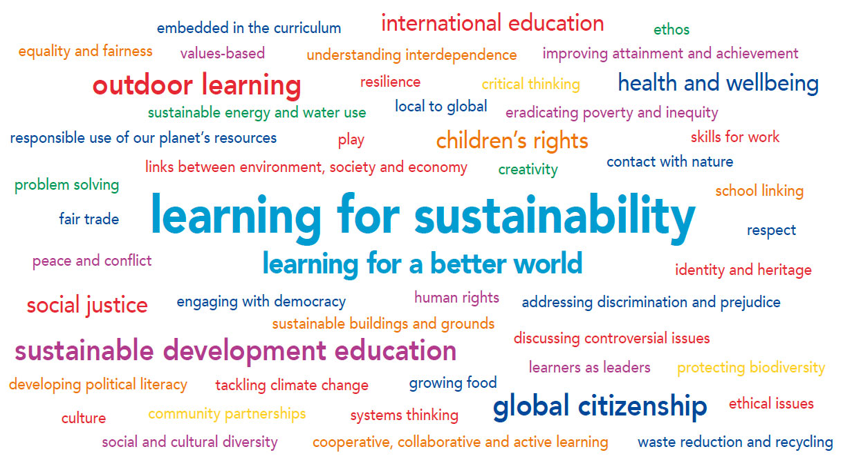


 Scotdec are delighted to share with you professional learning opportunities around Learning for Sustainability for November and December 2020. All courses are free and take place online.
Scotdec are delighted to share with you professional learning opportunities around Learning for Sustainability for November and December 2020. All courses are free and take place online.


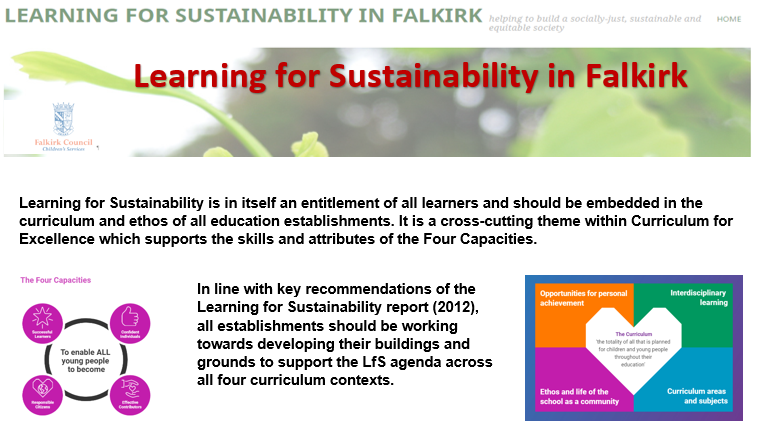

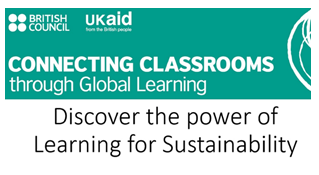
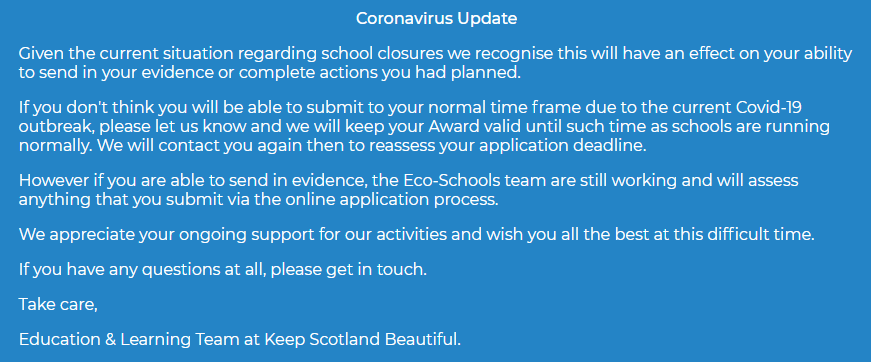
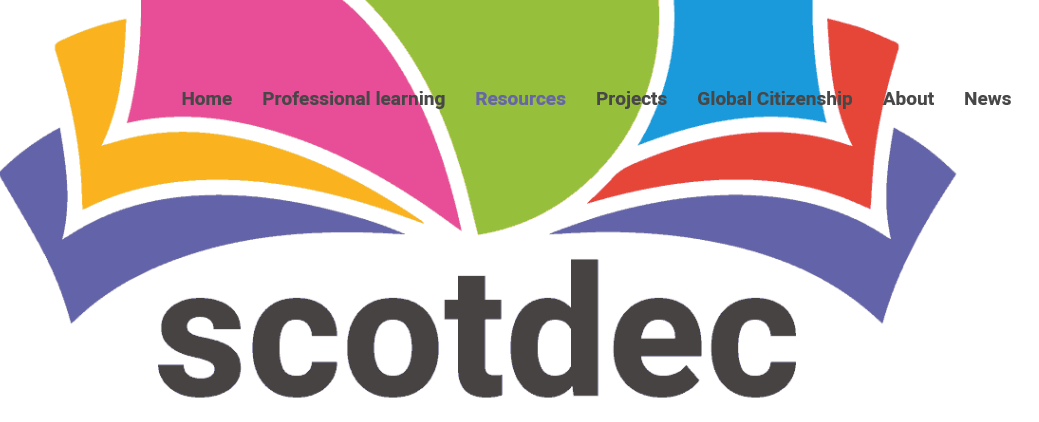
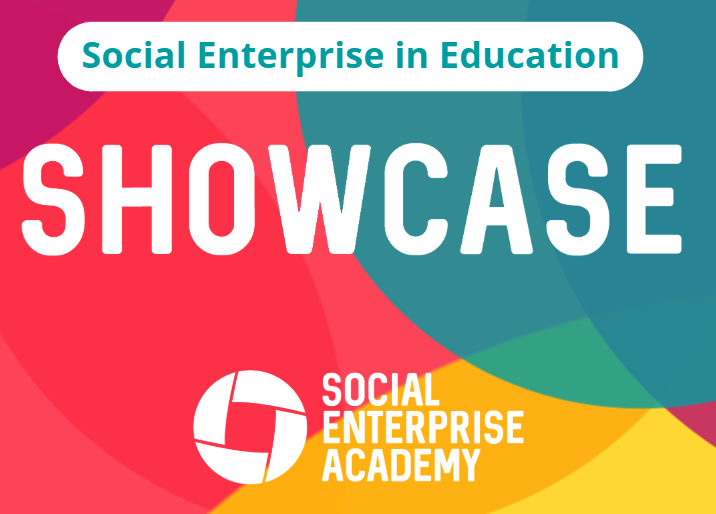
 In August 2017 Alistair Findlay, acting principal teacher at Bantaskin PS began to work with primary 5, 6 and & 7 pupils on a “Good Food” project. This project developed from recommendations in the Better Eating, Better Learning document and was instigated by findings from the Healthy Living surveys which take place each year. Evidence from the 2017 survey showed that only 30% of primary 5-7 children were eating fruit daily, and only one fifth of pupils ate vegetables daily.
In August 2017 Alistair Findlay, acting principal teacher at Bantaskin PS began to work with primary 5, 6 and & 7 pupils on a “Good Food” project. This project developed from recommendations in the Better Eating, Better Learning document and was instigated by findings from the Healthy Living surveys which take place each year. Evidence from the 2017 survey showed that only 30% of primary 5-7 children were eating fruit daily, and only one fifth of pupils ate vegetables daily.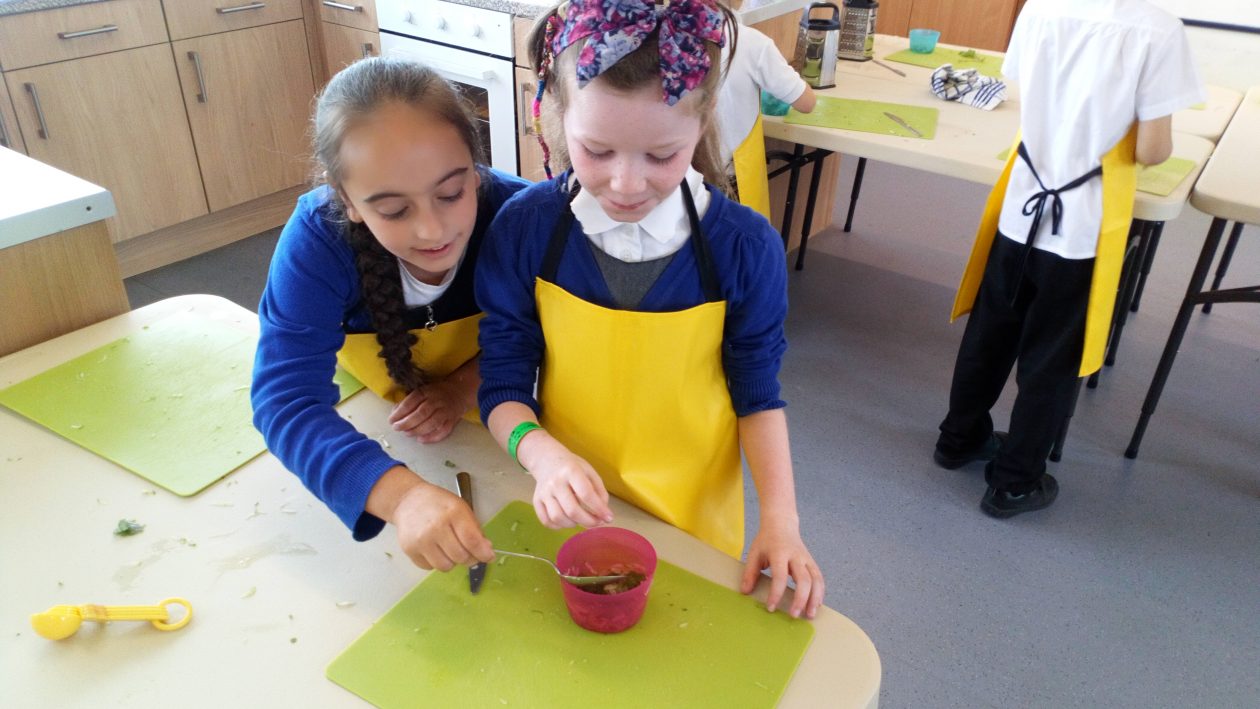
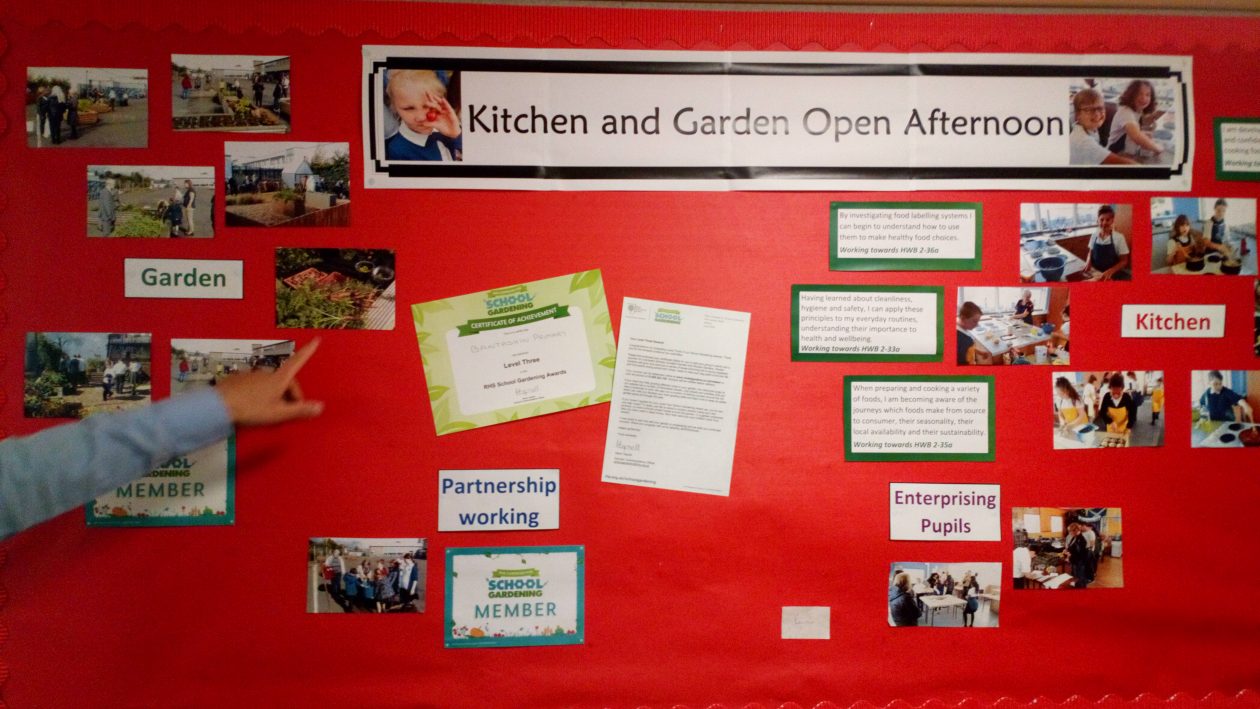
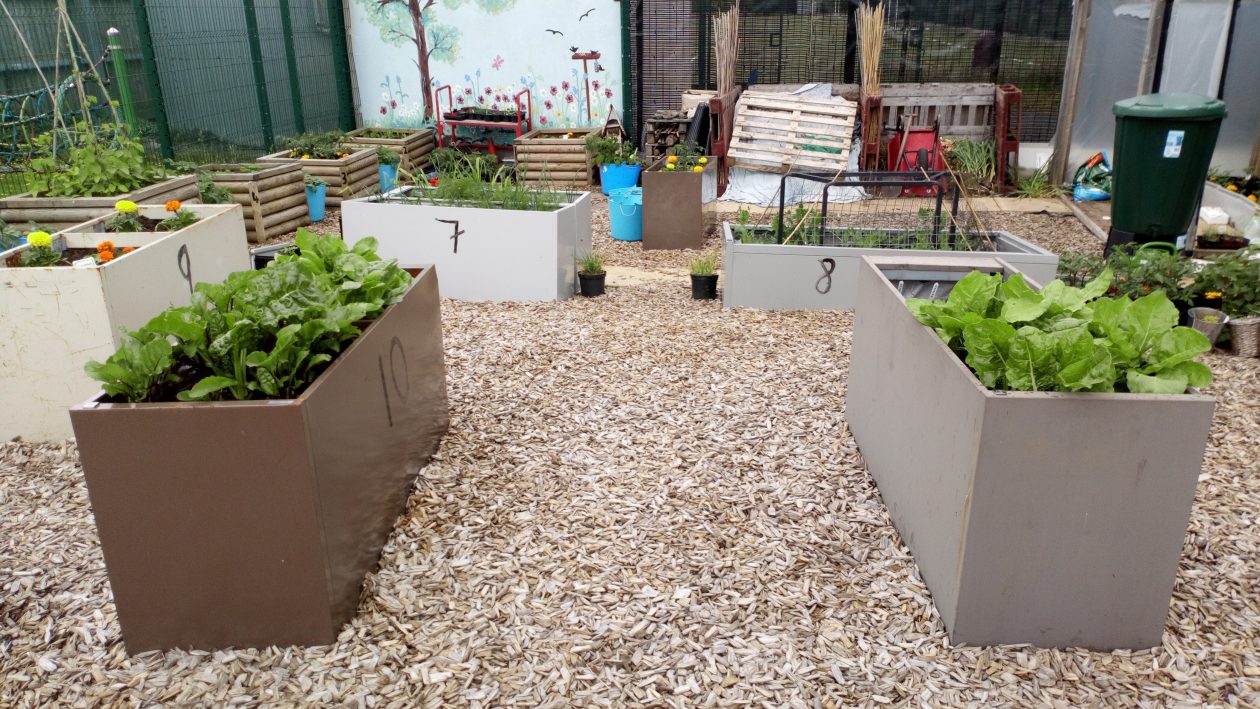
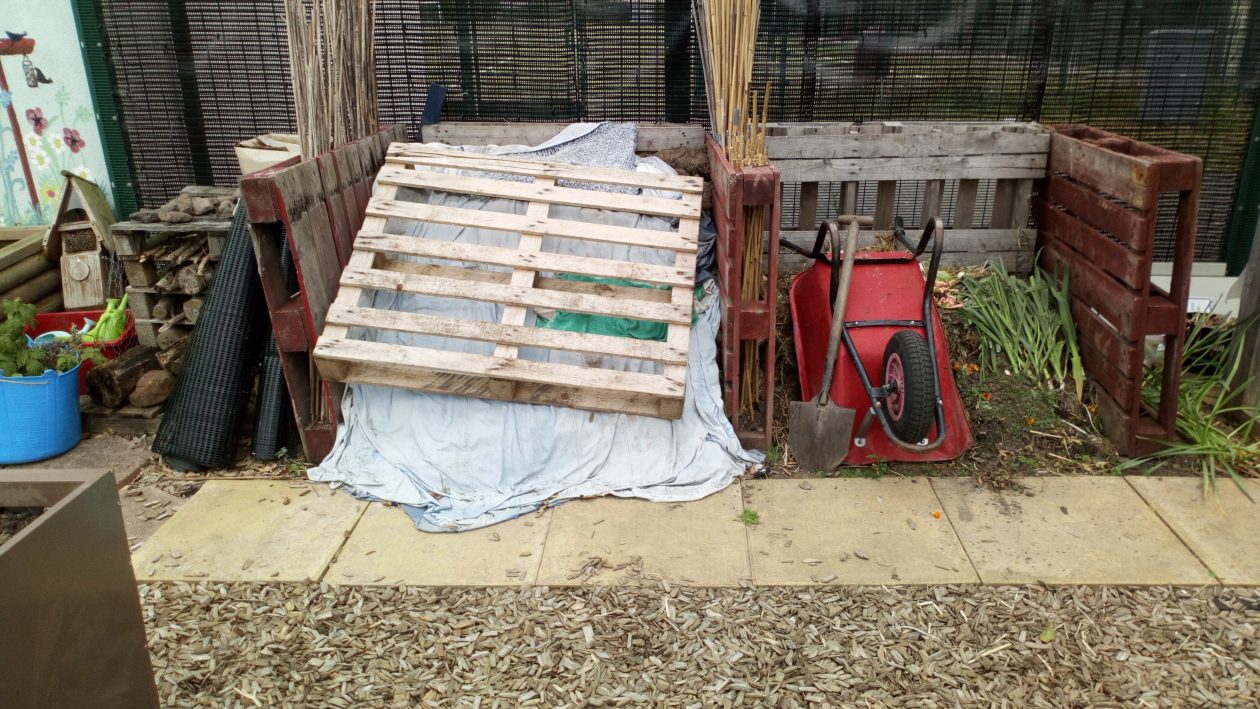
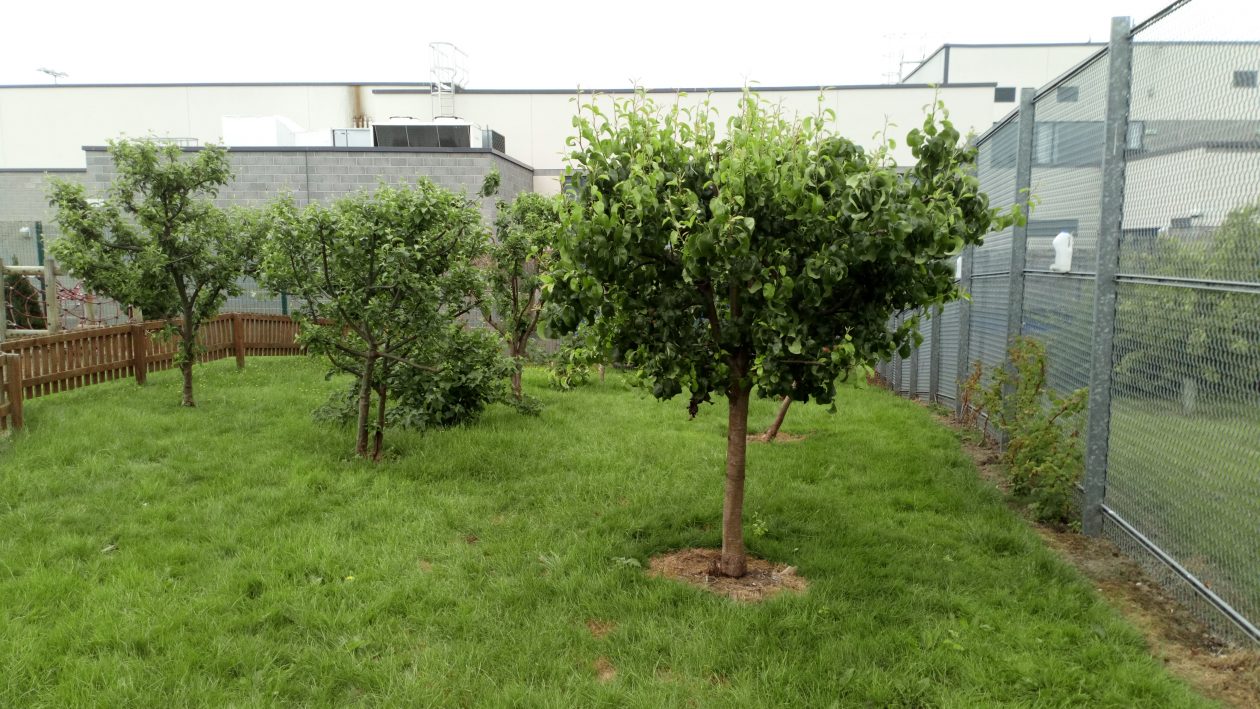
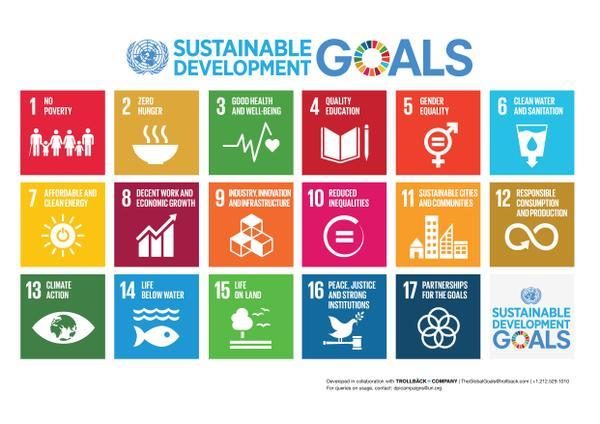
![WP_20160316_001[1]](https://blogs.glowscotland.org.uk/fa/public/lfsfalkirk/uploads/sites/2215/2016/03/WP_20160316_0011.jpg)
![WP_20160316_003[1]](https://blogs.glowscotland.org.uk/fa/public/lfsfalkirk/uploads/sites/2215/2016/03/WP_20160316_0031.jpg)
![WP_20160316_006[1]](https://blogs.glowscotland.org.uk/fa/public/lfsfalkirk/uploads/sites/2215/2016/03/WP_20160316_0061.jpg)
![WP_20160316_009[1]](https://blogs.glowscotland.org.uk/fa/public/lfsfalkirk/uploads/sites/2215/2016/03/WP_20160316_0091.jpg)
![WP_20160316_002[1]](https://blogs.glowscotland.org.uk/fa/public/lfsfalkirk/uploads/sites/2215/2016/03/WP_20160316_0021.jpg)
![WP_20160316_013[1]](https://blogs.glowscotland.org.uk/fa/public/lfsfalkirk/uploads/sites/2215/2016/03/WP_20160316_0131.jpg)
![WP_20160316_015[1]](https://blogs.glowscotland.org.uk/fa/public/lfsfalkirk/uploads/sites/2215/2016/03/WP_20160316_0151.jpg)
